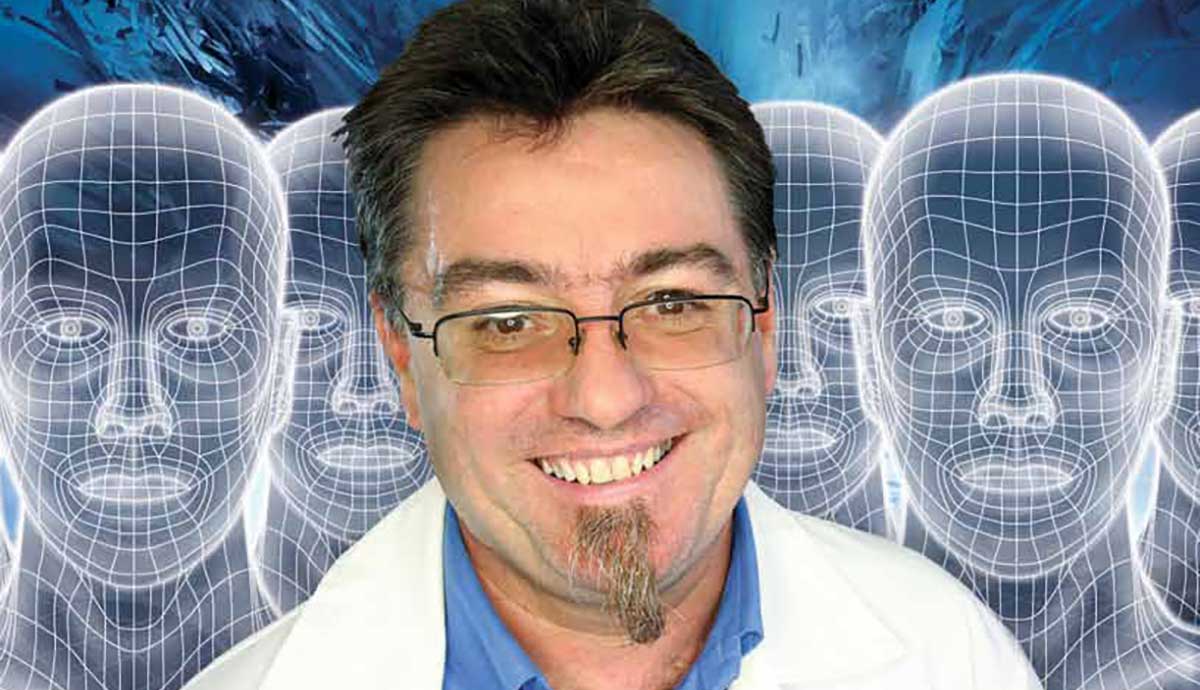December 11, 2015
Rock star of the new economy
UOW’s Professor Gordon Wallace has just been listed in the Knowledge Nation 100.
He has been labelled a ‘rock star of the new economy’ -- one of the leading 100 Australians of the age of knowledge.
UOW’s Professor Gordon Wallace has just been listed in the Knowledge Nation 100 which involves illuminating Australia’s visionaries, intellects, founders and game changers.
The Office of the Chief Scientist and Knowledge Society have joined forces for this initiative. They share a desire to lift the profile of the country’s science, technology and innovation heroes.
Prime Minister Malcolm Turnbull has recently moved the innovation agenda to the top of the political agenda.
“The National Innovation and Science Agenda will be the first of many steps to improve Australia’s standing as an innovation nation and I look forward to working with the Knowledge Nation 100,” the Prime Minister said at the launch of Knowledge Nation 100 in Sydney yesterday.
Professor Wallace is an Australian Research Council Laureate Fellow, Executive Research Director of the Australian Research Council Centre of Excellence for Electromaterials Science, Director of the Intelligent Polymer Research Institute and Director of the Australian National Fabrication Facility, Materials Node.
His research interests include organic conductors, nanomaterials and electrochemical probe methods of analysis and the use of these in the development of intelligent polymer systems. A current focus involves the use of these tools and materials in developing biocommunications from the molecular to skeletal domains in order to improve human performance via medical bionics.
“Science is catching up to science fiction,” according to Professor Wallace.
He said the bionic eye and ear have entered the mainstream and he insists it won’t be long before we have made-to-order hands, bones and organs.
Professor Wallace is optimistic about the future of biofabrication but says that traditional boundaries between industries must be broken down if we are to capitalise on this emerging technology.
“We may be only a few years away from a time when every major hospital will contain 3D-printing capabilities,” he said.
In an interview Professor Wallace did for the book Innovation: How Innovators Think, Act and Change Our World by Kim Chandler McDonald, he points out that:
“Without innovation in research we’re just making incremental progress; in big areas of research, big changes in thinking are needed to solve big problems and delivering advances that have a financial return is part of that cycle. To be truly innovative we also need to be creative in how we bring people together and then how we work together as integrated teams.”
